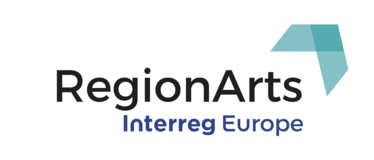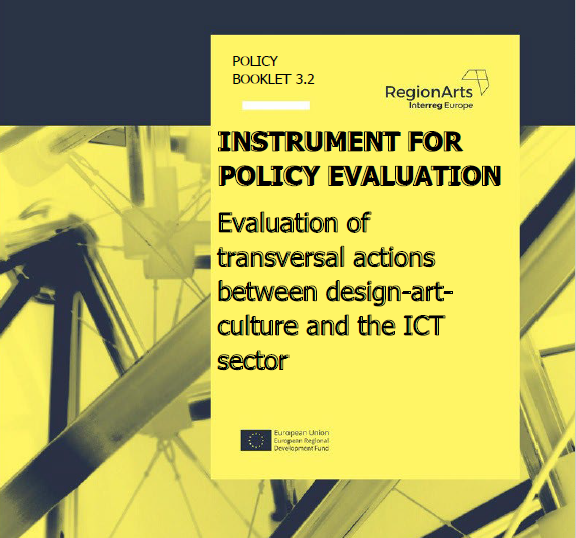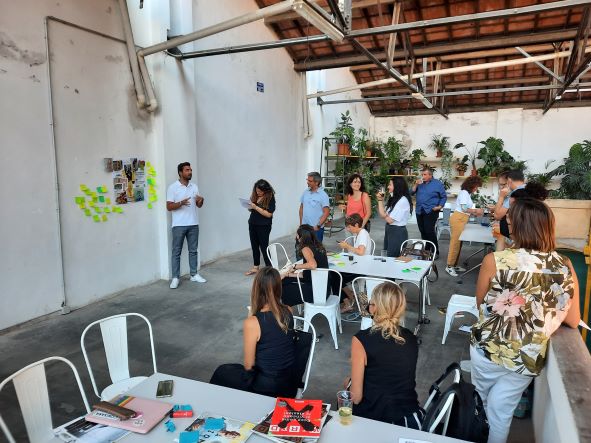Up until the COVID-19 outbreak, the audiovisual sector contributed to a growth rate of 11% between 2013 and 2019 to the European economy. However, due to the pandemic, the European cultural and creative economy has lost almost a third of its activity in 2020. Collective management organisations (CMOs) have adapted their structure, reduced their fixed costs, accelerated their distribution of royalties and mobilised their social funds. Collective management has proven itself a resilient and indispensable model for culture in general and for creators in particular (EY 2021).
A survey among the Society of Audiovisual Authors (SAA) members in May 2020 showed that European CMOs rapidly mobilised financial support to screenwriters and directors suffering due to the first COVID-19 wave. A follow-up survey looking at the situation at the end of 2020, demonstrates CMOs’ continued efforts and mobilisation of resources to support audiovisual authors through the second wave.
However, collective management organisations’ social funds cannot be the only lifeline of audiovisual authors.
Audiovisual production and distribution have been facing a sharp slowdown in filming, higher financial and legal risks when resuming production, and the closure of cinemas. Even though online video subscriptions in Europe have increased by 40%-75%, and is expected to continue, revenues generated by these services are not compensating for the losses from the lack of physical distribution and exhibition options (EY 2021). In addition, audiovisual authors’ remuneration structure is often outdated and do not include royalties for the on-demand exploitation of their works in many countries. The loss of income for the cultural and creative sectors due to COVID-19, outweigh by far the emergency support measures in place (CULT Research, 2021). Consequently, as revenues are slowing down, CMOs available funds to support authors throughout the crisis will also decrease.
It is therefore paramount that governments support the sector at large and ensure its support reaches the creators. It is also urgent to adapt the remuneration structure of audiovisual authors and ensure they receive royalties for the on-demand exploitation of their works.
Findings from the SAA survey
- 15 CMOs together provided almost €10 million in total financial support to its members during the first wave of COVID-19 crisis. The amount ranged from less than €100K to more than €2M per CMO.
- More than €5 million went to audiovisual authors (16 CMOs together). The amount ranged from less than €50K up to above €1M per CMO.
- This financial support reached a total of more than 5.000 members (by 14 CMOs) and more than 2.600 audiovisual authors (by 13 CMOs).
- The average financial support received by individual members/authors is €2.000 (by 17 CMOs). This figure varies from less than €1K to more than €5K. 8 CMOs answered that beneficiaries received financial support only once. 4 CMOs said it was possible to receive it on a monthly or quarterly basis.
- CMOs distribute financial support through different bodies, institutions or partners, many from more than one. Among the respondents 13 CMOs use regular social funds, 7 CMOs emergency funds for COVID-19, 7 CMOs joint funds with public authorities and 4 CMOs external bodies/foundations.
- 17 CMOs have kept the financial support mechanism in place in 2021. 5 CMOs will make some changes to its distribution and 8 CMOs added resources.
- Some of the additional support CMOs provide is social support to families and free lunches to seniors, advocacy activities towards national Ministries for more and better funding, accelerated collection and distribution and information about government support.
Discover the article and the SAA Press Release on the topic here: https://www.saa-authors.eu/en/pages/12-saa-presentation#.YEoWVmh5s2w.












